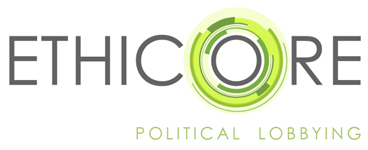By Abdul Waheed Patel
As the opening session of the 53rd national elective conference of the African National Congress gets underway in the city of Mangaung in the South Africa’s Free State Province (16 – 20 December 2012), the following are a trio of key party issues and national imperatives that the ruling ANC must clearly effectively deliberate and resolve on.
1. Stabillisation of the party, so as to reduce the negative destabilizing effects of the party’s instability on the functioning of government and the state, as well as broader society. This includes dealing with the modernization of the party in keeping with its fundamental democratic values and those of South African Constitution, in support of a modern and globally competitive South African economy, in order find new ways of doing old things. This is inclusive of effectively dealing with the modernization of lobbying and campaigning for party leadership, to keep pace with the evolution of modern party politics in South Africa, further mitigating against its destabilizing effects on the party and the state and society more broadly. This includes succession and continuity planning and any resultant changes in state leadership positions e.g. the composition of Cabinet and provincial executive committees and other relevant positions based on an objective assessment of performance based merit and capability and not political expediency.
2. Restoring the credibility and integrity of Parliament as the national legislative and oversight authority and forum for dialogue, engagement and public participation on issues of national interest and importance. This includes proposals for electoral reform to a constituency based parliamentary system to improve accountability, public participation and consultation, citizen advocacy and activism so as to strengthen and enhance the role of Parliament in overseeing quality policy-making and implementation, law-making and regulation. Critical in this regard, is the non-politicization of constructive suggestions for Parliamentary consideration and decision-making irrespective of their origin, which are fundamentally in the national interest, sound, evidence based, demonstrably viable and feasible and rational, which have the potential to meaningfully contribute to enhancing the achievement of national development priorities and challenges.
3. Ensuring policy clarity and certainty, with consistency and flexibility as required. For example, the role of the state in the economy, particular strategic economic and industrial sectors and the party’s position on the National Development Plan as the blueprint for the country and the economy.
ETHICORE will be closely monitoring, analyzing and reporting on the outcomes and implications of the conference, throughout its duration and on a customized basis for clients thereafter. This includes political and risk analysis, briefing papers and research reports. For more information and enquiries in this regard, kindly do not hesitate to contact us.
Abdul Waheed Patel is Managing Director at ETHICORE Political Consulting. He specialises in policy consulting, analysis and risk, including South African political parties, post-apartheid democratic politics and parliamentary democracy.
